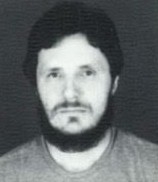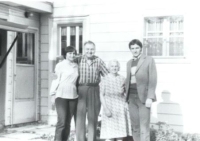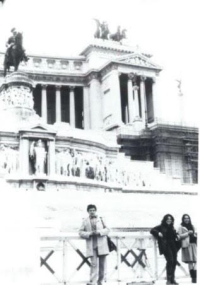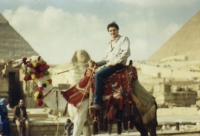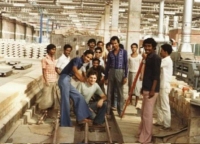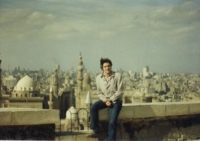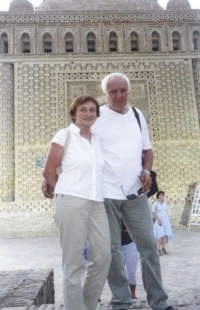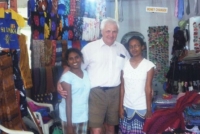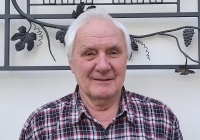I have helped in lime kilns in Bangladesh, Egypt and Italy

Download image
František Lysáček was born on 9 January 1951 in Sidonia, Wallachia. He grew up in a family with five other siblings. After attending the municipal school in Brumov-Bylnice, he began his studies in Valtice. At the same time, he worked in Veselí nad Moravou. Later, he joined Přerov Engineering Works, which was part of ČKD. He became an expert in rotary furnaces and continued this work even later when he moved from Moravia to Litoměřice. Thanks to his knowledge of foreign languages, he was able to take part in foreign assemblies, working for example in Bangladesh, Egypt or Italy. He had access to vouchers [bony in Czech] for working abroad. After the revolution, he founded his own assembly company. In 2023, he lived in Litoměřice.
